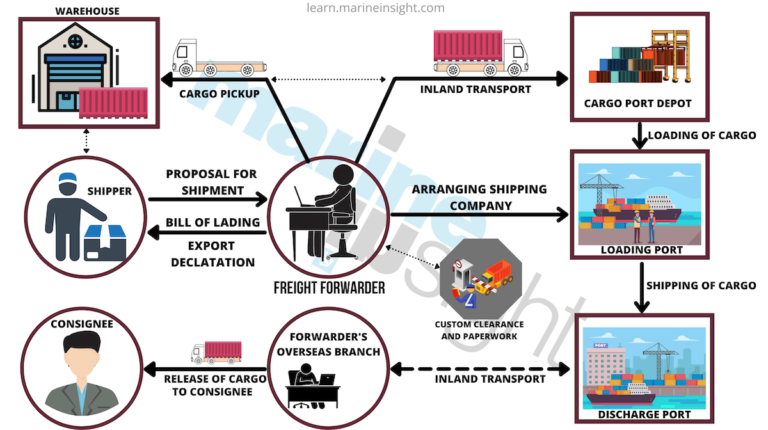
Welcome to the intricate world of shipping, where the smooth sailing of goods across the globe is not just a process, but a crucial element of global trade and commerce. Whether you are navigating the seas or the skies, the logistics of shipping play a fundamental role in getting products from one point to another efficiently and cost-effectively. From sea shipping to air freight, each mode of transportation offers its unique benefits and challenges, all of which contribute to the complex network that keeps the wheels of global trade turning.
As businesses look to expand their reach and tap into international markets, the need for reliable shipping partners becomes paramount. Forwarders and fulfillment companies play a vital role in ensuring that import and export goods are delivered swiftly and safely to their destinations. Whether it's finding the best China forwarder or a trusted Singapore partner, having the right shipping arrangements in place can mean the difference between success and setbacks in the competitive world of global commerce.
Role of Freight Forwarders
Freight forwarders play a crucial role in the world of shipping, acting as intermediaries between shippers and carriers. They help facilitate the movement of goods from one point to another seamlessly, handling logistics and documentation to ensure a smooth process.
With expertise in navigating the complexities of different shipping modes such as sea and air freight, forwarders are valuable partners for businesses looking to import or export goods. They help optimize routes, select the most cost-effective shipping methods, and coordinate the transportation of goods efficiently.
Whether it's consolidating packages for efficiency or managing the customs clearance process, freight forwarders are instrumental in streamlining the shipping process for businesses of all sizes. By leveraging their network and industry knowledge, forwarders help ensure that goods reach their destination on time and within budget.
Modes of Shipping
When it comes to shipping goods internationally, there are primarily two main modes of transportation: sea shipping and air shipping . Sea shipping, also known as sea freight, is often preferred for bulky items or goods that are not time-sensitive due to its cost-effectiveness and ability to handle large quantities at once. On the other hand, air shipping is the go-to choice for urgent deliveries or shipments requiring fast transit times.
For businesses involved in importing and exporting goods, choosing the right mode of shipping plays a crucial role in their logistics strategy. Some may opt for sea shipping for its affordability and suitability for transporting heavy products in bulk, especially when dealing with China shipping. Conversely, air shipping is favored for its speed and efficiency, making it ideal for time-sensitive shipments or smaller goods that need to reach their destination quickly.
Navigating the world of shipping also involves selecting the right shipping partners such as forwarders and fulfillment companies. These entities specialize in managing the movement of goods, handling customs procedures, and ensuring smooth delivery processes. For those engaging in trade with China, having a reliable China forwarder or a trusted Singapore forwarder can make a significant difference in ensuring seamless transportation of import and export goods.
Benefits of Package Consolidation
In the world of shipping, package consolidation plays a crucial role in streamlining logistical processes. By consolidating multiple packages into a single shipment, businesses can significantly reduce costs associated with shipping fees and handling charges. This not only helps in optimizing expenses but also simplifies the overall shipping process.
Package consolidation also allows for better organization and tracking of shipments. Instead of managing multiple individual parcels, businesses can track a single consolidated shipment more efficiently. This enhances visibility into the supply chain, leading to better control over the movement of goods and ensuring timely delivery to customers.
Moreover, package consolidation can contribute to environmental sustainability by reducing the overall carbon footprint of shipping activities. By combining multiple packages into one shipment, fewer transportation resources are used, leading to decreased emissions and environmental impact. Embracing package consolidation aligns with eco-friendly practices and demonstrates a commitment to responsible shipping operations.
